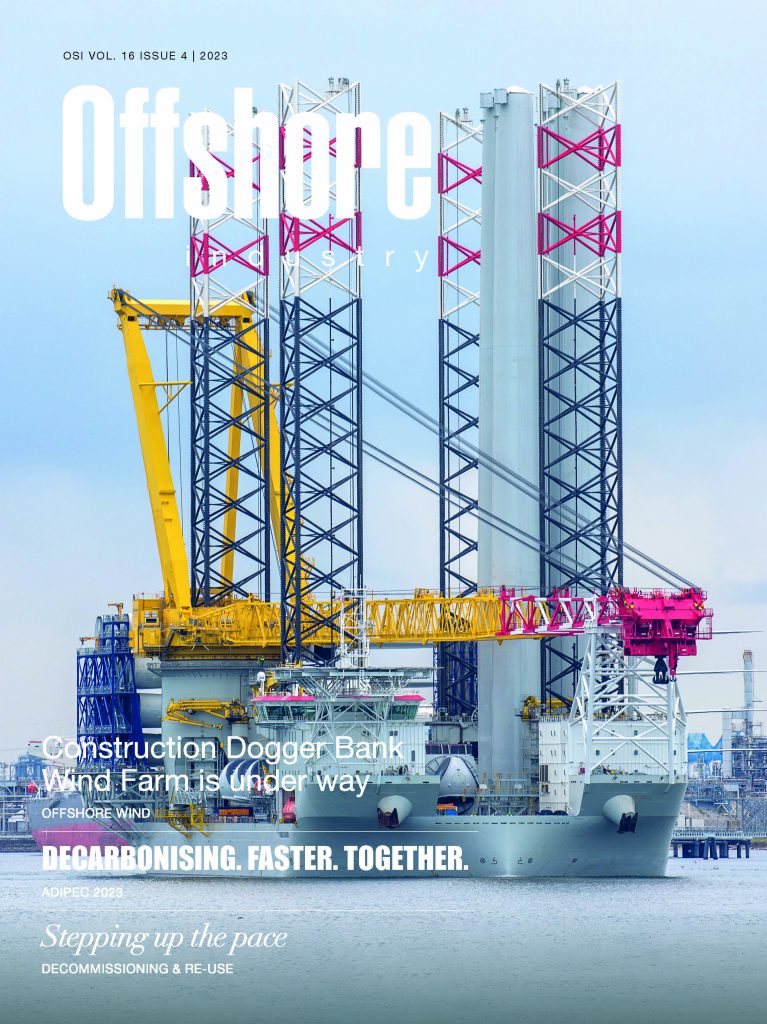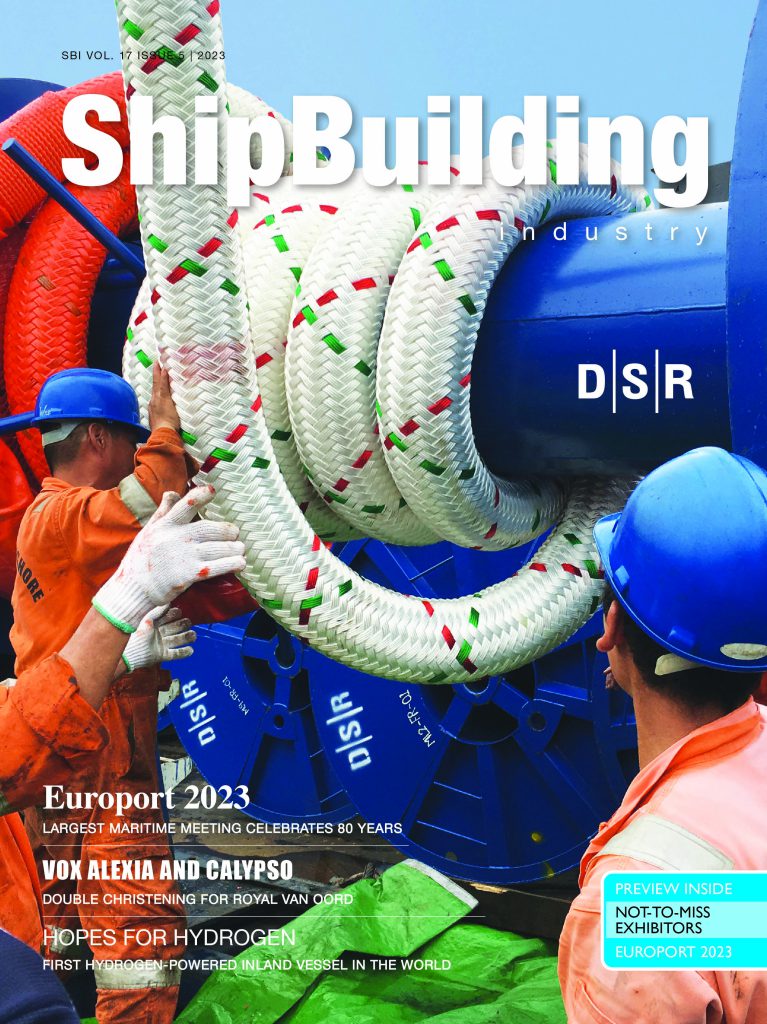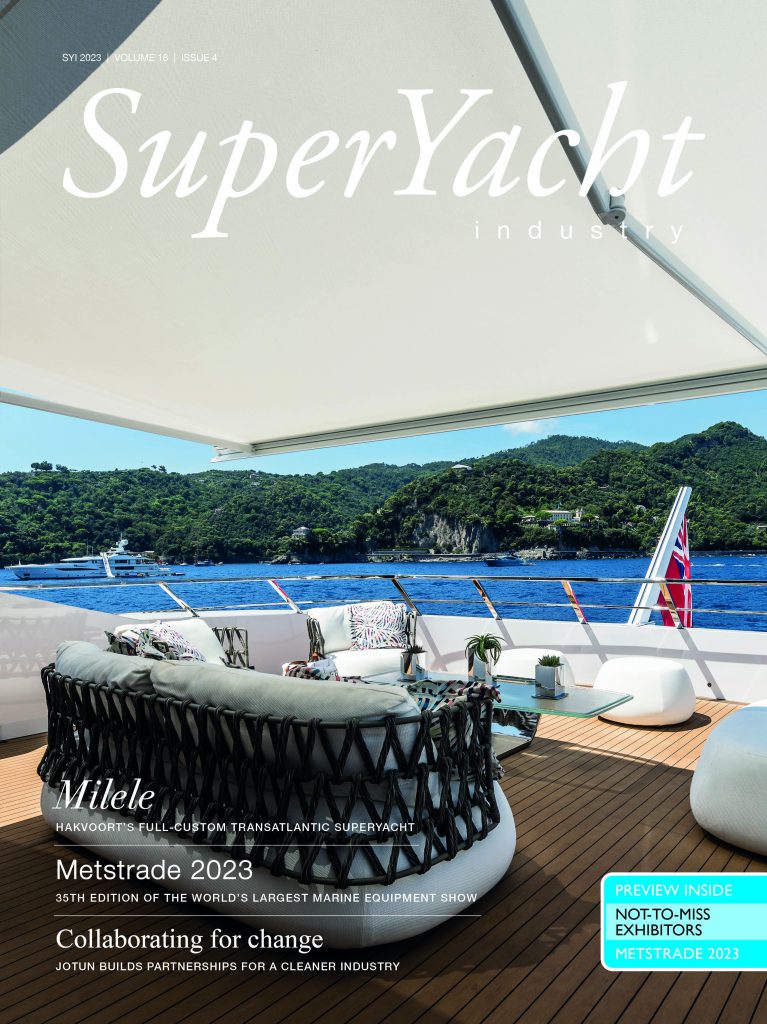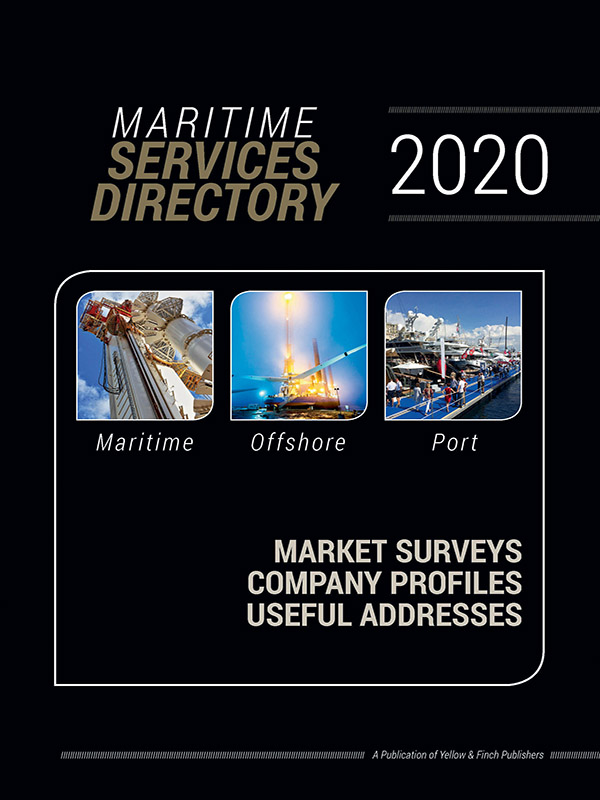Saft batteries to power Stockholm’s new Ballerina electric ferry
Saft has received an order from Stockholm ferry operator Ballerina for lithium-ion (Li-ion) battery systems that will power a brand new electric ferry boat for the city of Stockholm.
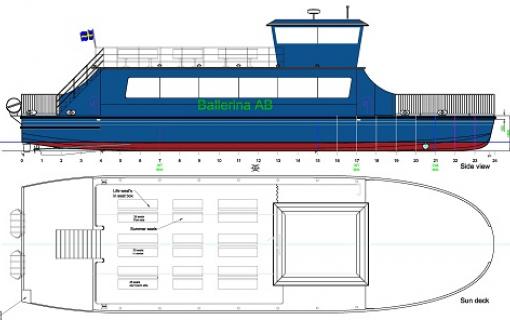 Ballerina is a well-established operator of ferries and has placed the order for Saft’s Li-ion marine battery systems on behalf of Stockholm Public Transportation in Sweden, which ordered a battery powered ferry with the objective of saving fuel and improving its environmental credentials.
Ballerina is a well-established operator of ferries and has placed the order for Saft’s Li-ion marine battery systems on behalf of Stockholm Public Transportation in Sweden, which ordered a battery powered ferry with the objective of saving fuel and improving its environmental credentials.
The order builds on Saft’s experience of supplying Li-ion battery systems to the marine sector, where there is growing demand for propulsion systems that offer significant fuel savings compared with diesel engines as well as operation that is both quiet and low in emissions. In 2013, Saft supplied batteries for two new hybrid battery-and-diesel-powered ferryboats for the city of Bordeaux, as well as a 100 percent battery powered shuttle boat began service on the canal Saint-Denis in Paris.
When it starts operation in September 2014 Ballerina’s new electric ferry, which is yet to be named, will carry foot passengers and cyclists between ten stops on a 50 minute route of the waterways of Stockholm. It will operate throughout the year, completing eight round trips per day. The batteries will be fully charged during the ferry’s overnight stay in the harbour with two partial charging sessions during the course of the day.
To deliver the required duty, Saft is supplying its marine battery systems with a total energy storage capacity of 500kWh, at 650V. Ordered in December 2013, the Li-ion cells for the battery systems will be manufactured at Saft’s facility at Nersac with delivery of the entire energy storage systems units (ESSUs) in May.
Commenting on the contract, Christer Steen, Saft’s Sales Manager for the Nordic countries and Germany said: “Saft is a pioneer in electrically powered vessels, which are growing in popularity and offer the promise of low operating costs, quiet operation and reduced emissions. Saft sees significant potential in this market.”



